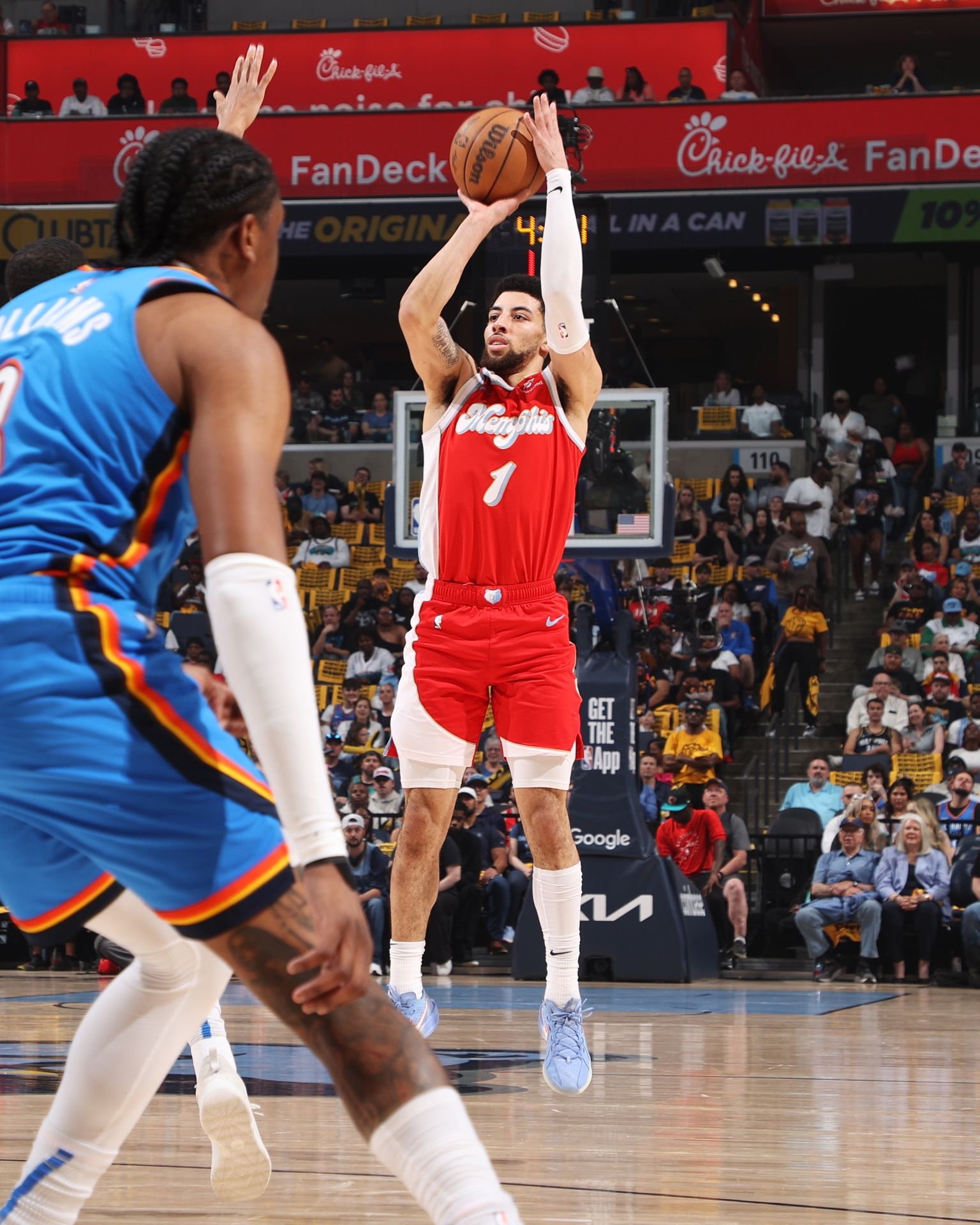Doing the Distance
Snowglobe
(Makeshift Music)
It’s been more than two years since young local band Snowglobe released their great debut album, Our Land Brains. But fans can rejoice that, with the follow-up Doing the Distance, the band has not grown out of the palpable camaraderie or excited creativity that made them such a refreshing addition to the local music scene.
These 16 tracks — recorded locally, mostly at Memphis Soundworks and Easley-McCain Studios — are more like a 44-minute rock symphony. Each song melds into the next and orchestral touches and instrumental interludes share time with more conventional song structures and locked-in classic-rock guitar solos (i.e., the kind that sound more like Steely Dan or The White Album than Led Zep).
Most of the songs are written by Brad Postlethwaite and Tim Regan. Lyrically, Regan and Postlethwaite have a similar style, with first-person accounts that are simultaneously plain-spoken and poetically oblique. But musically, there is a difference: Regan’s songs tend to be more rock, while Postlethwaite’s are more singer-songwriterly and tend to take on the quality of campfire singalongs. Regan has a deeper, smoother voice; Postlethwaite’s vocals are more pleading.
Postlethwaite released a politically charged solo album last year, Welcome to the Occupation. Doing the Distance is never so direct, but a left-of-center ethical sense still pokes through. On “Big Machine,” Postlethwaite sings, “I landed deep inside its gut/Where all the children die into adults/There it only takes five business days for those little, useless ones to break down and decay.” On “Sickness,” the song’s narrator stares down inherited privilege: “I was born with a whip in my hand and a kingdom at my feet/And kingdoms, they must expand.”
Regan’s songs are equally personal though not as confrontational. The album might peak with the back-to-back blast of his “Regime” and “Rock Song,” which soar with familiar confidence that compares favorably to current (alt-) rock stars Wilco. Indeed, that band has become famous by making music that is at once traditional and experimental in a manner quite similar to (and, to these ears, no greater than) Doing the Distance. The difference is that Snowglobe concoct a more communal spin on the same aesthetic than the Jeff Tweedy show.
Every one of the band’s five members (which also includes ostensible bassist Brandon Robertson, ostensible drummer Jeff Hullett, and horn player Nahshon Benford) plays multiple instruments on the album, and since Doing the Distance thrives more as a flow of sound than as a collection of songs, this is in its bones a band album regardless of who wrote which song.
Cello and violins and sleighbells, mellotron and musical saw, layered vocals and subliminal drops of musical Americana, squiggly guitars and churning pianos: This is studio rock of truly intense craft that also maintains an air of spontaneity and playfulness. They aren’t late-’60s Beatles or the Band, of course, but Snowglobe honor the comparison. Certainly, no other Memphis band is making music (or ever has made music?) so casually dense. — Chris Herrington
Grade: A-
Snowglobe performs at the Hi-Tone Café Friday, October 8th.
Medulla
Bjork



